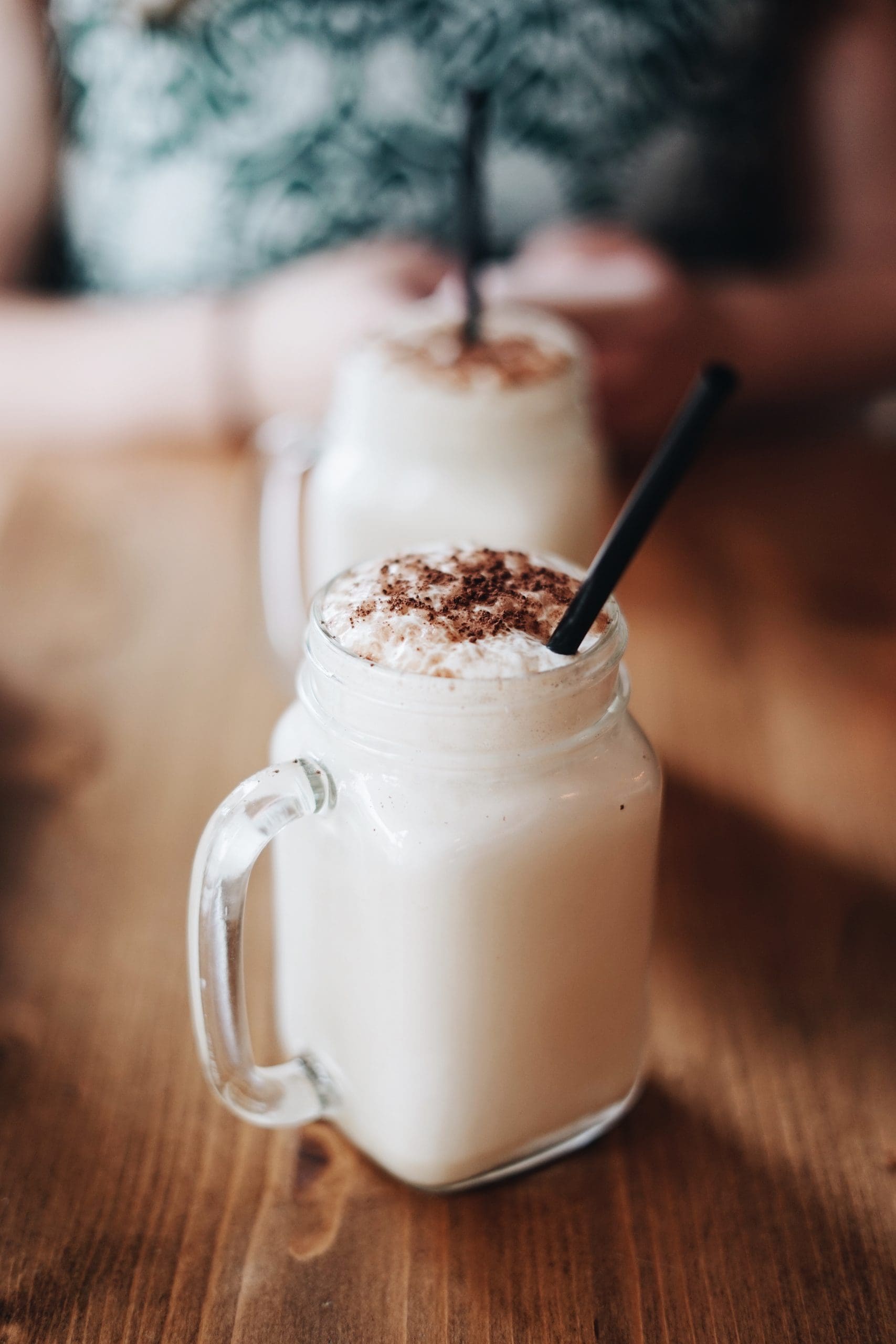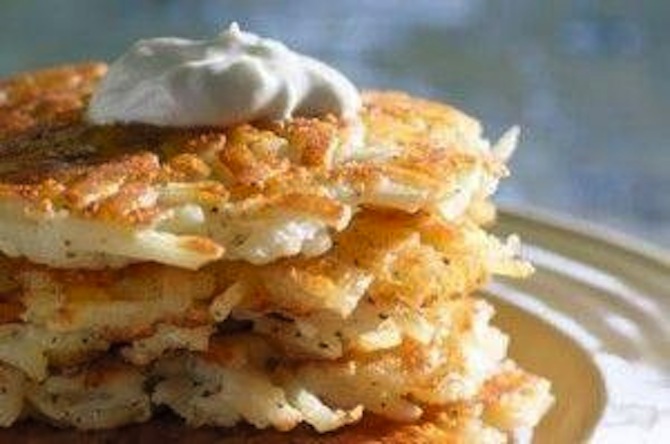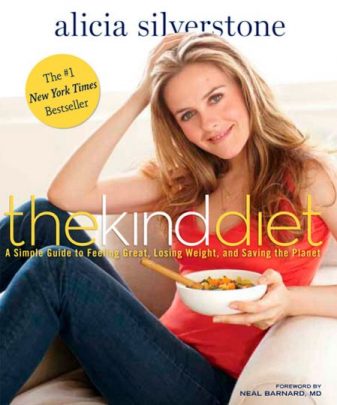Soy has gotten a lot of unwarranted bad press, so I want to try to parse all the conflicting info out there for you Kind Lifers so you can make the best choices for you. As Dr. Neal Barnard says, “Like most other plant foods, the most healthful choices in soy foods are those that are minimally processed so they retain all of their original nutrients.” So, let’s explore what that means in detail!
First off, a lot of the misinformation out there has been propagated by the Weston A. Price Foundation, an organization that claims on their website that perfect health can be achieved only by consuming ‘vital fat-soluble activators found exclusively in animal fats’.
A less biased interpretation of the studies about the effect of soy on human health indicates that traditional soy products (organic, non-GMO soybeans, tempeh, tofu, soy sauce, miso) are health-promoting.The phytoestrogens in soy are not the same as the actual estrogen you would find in dairy products. In fact, phytoestrogens actually help us to stay hormonally balanced.
According to PCRM’s Dr. Susan Levin, “Some have suggested that phytoestrogens may keep estrogen levels under control as they can act both like a weak estrogen when body estrogen levels are low and can inhibit estrogen’s effects when body estrogen levels are high (1).”
The soy that you should watch out for is the soy found in processed soy products (soy sausage, soy cheese, soy ice cream etc…). The soy protein in these products is denatured (a process similar to hydrogenation), so the occasional treat is okay, but making these foods a regular part of your diet could compromise your health.
Dr. Levin says, “Soy products are typically high in protein. Some manufacturers have exploited this fact, packing isolated soy protein into shakes and turning it into meat substitutes. However, it may be prudent to avoid highly concentrated proteins from any source, including soy. It has long been known that cow’s milk increases the amount of insulin-like growth factor in the bloodstream (2), and this compound is linked to higher cancer risk. Some evidence suggests that highly concentrated soy proteins (indicated as ‘soy protein isolate’on food labels) can do the same (3). Simple soy products, such as tempeh, edamame, or soynuts, are probably the best choices.”
Like any junk food, moderation is key. Personally, I am not at all freaked out by soy in the miso, tempeh, black soybeans, or shoyu forms. In fact, I think they are incredibly healthy and important for the diet. I’m not worried about the occasional soy treat, like ice cream, because it’s a treat, not a food I am trying to eat on a regular basis. And it’s way better to go for a little soy dream than a tub of Haagen Dazs. The only way you need to worry about soy is if you are eating non-superhero foods that contain highly processed soy products, often and not just as treats.
If you’re still freaked out by soymilk, there are many alternatives. I use rice milk a lot, and I go for chocolate almond milk sometimes too. The milk substitute I use most often is the Eden soy-rice blend. It’s yummy, but I don’t use it everyday. When I do, it feels balanced and healthy to me.
There are many additional soymilk alternatives you can try. Here is a list from Care2 that I found on Girlie Girl Army.
Nut Milks – Almond is the most common nut milk that you’ll find in the grocery store, but there are others out there. Often you can find hazelnut and cashew milks on the shelf too. If you’re feeling ambitious, it’s not too hard to make nut milks at home. This recipe for raw almond milk from Happy Foody is simple and delicious. Almond milk is packed with protein, low in fat and calories, and rich in fiber, which makes it a great choice for vegans.
Rice Milk – Rice milk is a bit sweet, so it’s probably best for cereal or baking. It’s normally made by processing brown rice, and the sweetness comes from the grain and usually not from added sugar.
Oat Milk – Like rice milk, oat milk is slightly sweet. It’s on the thin side, so it’s not great for coffee unless you like your coffee a bit dark. For cereal and for cooking, though, this is a great alternative. You can even make your own oat milk at home, if you like!
Hemp Milk – Thick and creamy, hemp milk holds up really well in coffee and cooking. It can have a mild hemp aftertaste, but it’s something you get used to, much like soymilk’s aftertaste. Hemp milk can vary quite a bit from brand to brand. I’ve had friends tell me they can’t stand the stuff while others swear by it. If your first taste of hemp milk doesn’t do it for you, you might look into trying a different brand before giving up.
Coconut Milk – For cooking and baking, plain old canned coconut milk is a delicious soy-free dairy alternative. A great use for coconut milk is in the ice cream maker. If you’re looking to lighten your coffee or pour something onto cereal, brands like So Delicious make boxed coconut milk that you can use just like regular milk.
If you still have questions about soy, I strongly recommend reading p. 61 of my book, as well as Dr. Neal Barnard’s articles about the latest research on soy here and here. If you’d like to get into the nitty gritty science on soy and health, I’ve also included citations below so you can do your own research and figure out what works best for you.
How do you feel about soymilk? What’s your favorite milk alternative?
1) Wiseman H, O’Reilly JD, Adlercreutz H, et al. Isoflavone phytoestrogens consumed in soy decrease F(2)-isoprostane concentrations and increase resistance of low-density lipoprotein to oxidation in humans. Am J Clin Nutr. 2000;72(2):395-400.
2) Heaney RP, McCarron DA, Dawson-Hughes B, et al. Dietary changes favorably affect bone remodeling in older adults. J Am Diet Assoc. 1999;99(10):1228-1233.
3) Dewell A, Weidner G, Sumner MD, et al. Relationship of dietary protein and soy isoflavones to serum IGF-1 and IGF binding proteins in the Prostate Cancer Lifestyle Trial. Nutr Cancer. 2007;58(1):35-42.
Thank you Christina Pirello and PCRM for helping me to put this information together!




